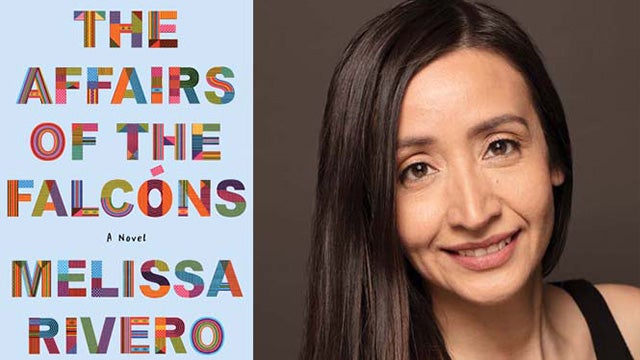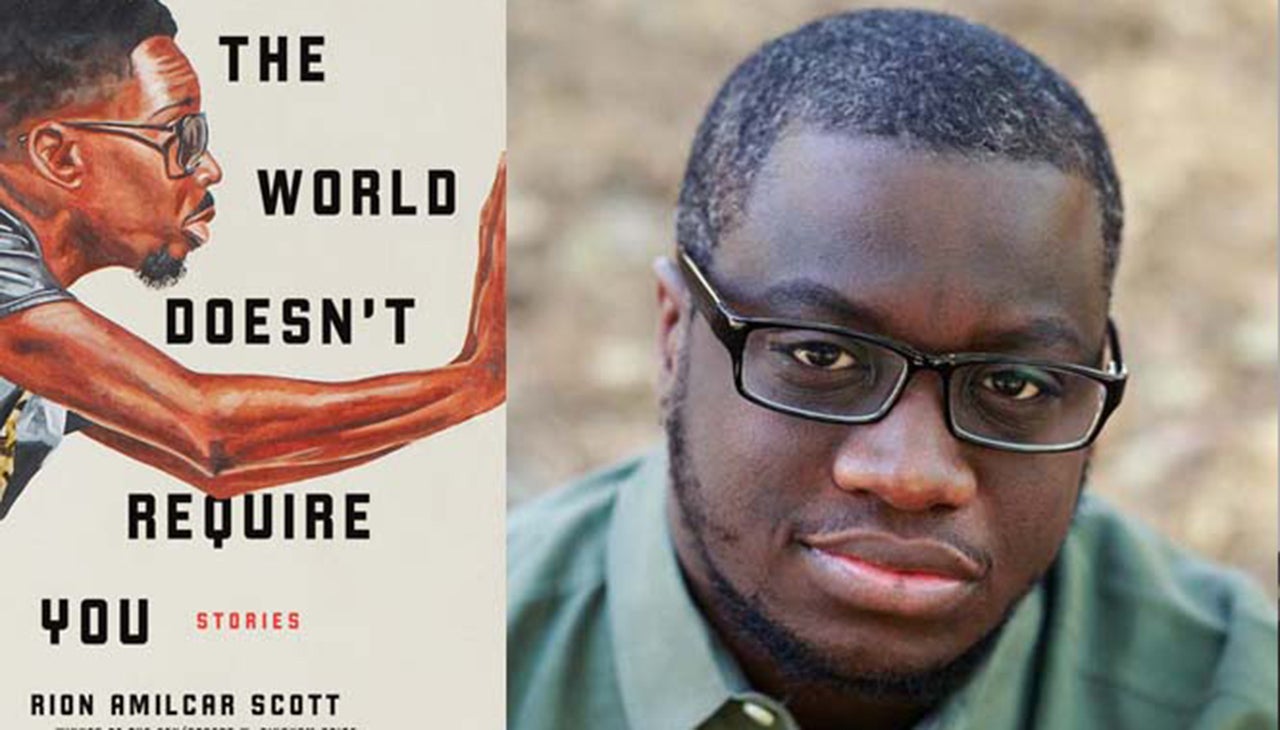On April 16, Aspen Words will confer the third annual Aspen Words Literary Prize, a $35,000 award recognizing a work of fiction that addresses a vital social issue. Sixteen nominees are still in the running, and the diverse list includes 12 novels and four short story collections covering a variety of critical issues and published by an array of presses. While the jury works on narrowing down this list to five finalists (to be announced February 19) and a winner, Aspen Words chatted with the nominees about their work, how they view their role as a writer in the cultural and political moment, and the best piece of writing advice they’ve received. You can find the series of conversations here.

Melissa Rivero offers a poignant, moving portrait of undocumented immigration in her debut novel, The Affairs of the Falcóns. Following an undocumented family who leaves behind the political strife of Peru and seeks a better life in New York City, this novel brings to light the difficult decisions, overwhelming fear, and sense of instability that are ingrained in the everyday lives of undocumented immigrants. But it also showcases the incredible perseverance and strength that defines these families and offers a political perspective that is at once critical and hopeful.
How do you view your role as a writer in this cultural and political moment, and why is the time right for your book?
I view my role as a writer as that of a witness to the world around me. My characters are born out of that world, and to be true to them, their stories must reflect how they’re impacted by politics and culture. In The Affairs of the Falcóns, my protagonist, Ana, is an undocumented Peruvian woman and mother of two living in the U.S. Her immigration status, family, past, and her financial circumstances all impact her choices as she tries to build a new life for herself and her family. It is fiction, but the characters that populate my novel were inspired by countless real-life women like Ana, people that are very much a part of my life and who have shaped the person I am today. And while immigration policies may be on the forefront of the news today, people like Ana and stories like hers are not limited to just this moment in history. I grew up undocumented in the 1980s; my novel takes place in the 1990s, and here we are at the turn of another decade and the situation for immigrants and immigrants of color, in particular, has gotten worse. For me, writing and writing the stories of people like Ana is a political act. I write to see myself and others like me; to discover things I did not know about myself and how I view the world; and to show a different, more intimate experience of how the political climate and the culture in which we live impact the daily lives of the people in my community.
What other author deserves this award and why?
There are so many great books on the longlist, it’s hard to pick just one! I love Laila Lalami, Angie Cruz, and Kali Fajardo-Anstine’s work. And I’m excited to read The Beekeeper of Aleppo.
What is the core tenet of your book’s philosophy?
At the heart of my book is the strength and resilience of the human spirit. Especially that of a woman who you think has all the cards stacked against her. As I was writing the novel, I kept coming back to how resilient Ana was; how, in spite of all the obstacles she faced, she wasn’t going to accept defeat. She was going to get up and keep going, no matter what. And that’s something I see in my community and something I learned from my own parents — you just have to get up and keep going.
If you weren’t a writer, what would you be?
If not writing, I think my chosen artform would be dance. I used to belly dance, and I loved the camaraderie that comes with working on a group choreography and experimenting with different types of music. I’d love to learn Peruvian dance forms well enough to teach them in other parts of the world, though I do prefer solo forms of dance. I take Salsa lessons with my husband now, and that’s a lot of fun to do as a couple, but not as meditative or powerful as belly dance, flamenco, or sema.
What’s the best piece of advice you’ve received on writing fiction?
The best piece of advice I’ve received on writing fiction is “butt in chair.” That came from M. Evelina Galang years ago and I can still hear her telling me to get my butt in a chair and write. The work won’t just come—you can’t wait around for the muse. You have to invite it in. And the only way to do that is to put your butt in a chair. For me, with two small kids and juggling a full-time job, that “chair” is often a seat on the subway, a bench in the cafeteria at work or a park, a coffee shop, or the hours I can steal at my own desk at home. It doesn’t matter—the point is to get one’s butt in a chair and write.


